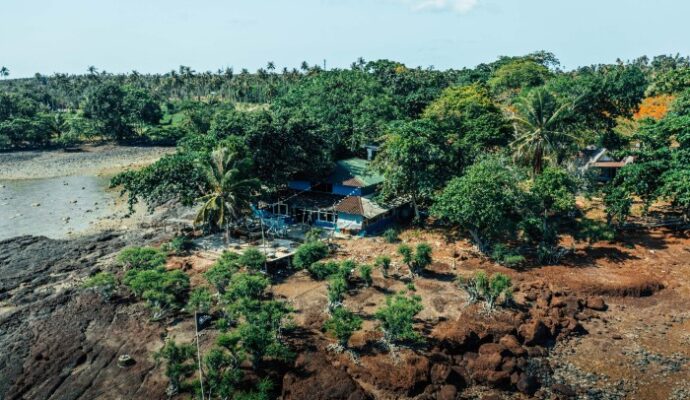
Receive free Iran updates
We’ll send you a myFT Daily Digest email rounding up the latest Iran news every morning.
The writer is author of ‘Black Wave’
Autocrats around the world are not only learning from each other but also increasingly working together. There’s an axis of allies extending from Beijing through Moscow to Tehran and Caracas.
The ties between these countries are not new, and autocrats have long swapped notes about how to quash domestic opposition. Now, co-operation has been highlighted by the war in Ukraine, and intensified to more lethal, cross-border levels, including Iran supplying drones to Russia and Vladimir Putin’s deployment of the Wagner group in Africa and Venezuela.
In response, freedom activists and opposition leaders are also trying to work more closely together. In June, at the annual Oslo Freedom Forum, which brings together human rights activists from around the world, Russian chess master and dissident Garry Kasparov, exiled Iranian women’s rights activist Masih Alinejad and former Venezuelan prisoner Leopoldo López, took to the stage to call for more global solidarity. On the wide screen behind them were pictures of Iran’s president, Ebrahim Raisi, smiling next to Venezuela’s Nicolás Maduro in Caracas. Raisi went on to Havana and Managua. A few weeks earlier Russia’s foreign minister, Sergei Lavrov, had also been in Caracas.
“In opposition, in prison or in exile, you can feel alone, you question yourself,” López told me in Oslo. He now lives in exile in Madrid. “Then I met other people, from Hong Kong and China; I met Garry and Masih. We realised we have similar stories.”
Activists have learnt from each other for decades: anti-shah organisers in the 1970s studied Viet Cong tactics and read the urban guerrilla manual by Brazilian Marxist revolutionary Carlos Marighella. Now co-operation has more immediacy and impact through ease of communication and travel — but that hasn’t improved the success rate.
There is not much to celebrate. Tunisia has reverted to autocracy. Hong Kong has been swallowed by China. Sudan removed a dictator but descended into war. The interim government of the Venezuelan opposition quietly faded away. Iran’s street protests have died down — for now. The annual Freedom House report shows a global decline in democratic rights for the 17th year running.
But even commiseration helps. Omar Alshogre, 28, a Syrian refugee activist and public speaker, was first jailed at the age of 15 and spent almost three years in prison, facing extreme torture. After fleeing to Sweden, he’s now a graduate of Georgetown University. Meeting López and hearing about the divisions within the Venezuelan opposition gave him a sense of perspective on the failures of the Syrian opposition: “It made it more OK; it wasn’t specific to us.”
Experts cite a variety of reasons why most revolutions and freedom movements have failed in recent years. Dictators have turned technology and social media against activists; they accuse their domestic opponents of being terrorists and foreign agents; they’re helped by Russian and Chinese votes at the UN Security Council if other countries object to their repression; they hang on to power for fear of ending up at the International Criminal Court.
Meanwhile, opposition leaders face impossible choices. If they’re in exile, as Alinejad, Kasparov and López are, they are often criticised and dismissed as out of touch. The example of Iraqi politician Ahmed Chalabi, who encouraged the US to invade in 2003, has also made the west wary of exiled leaders. If they stay in their home country, they’re imprisoned like Russia’s Alexei Navalny. When revolutions have figureheads, they can be silenced — brutally, as in Lebanon in 2005 when pro-democracy leaders were assassinated, or quietly as in Iran, where politicians who supported the 2009 Green Movement are still under house arrest. If the movement is leaderless, as in Syria in 2011, the west asks: who is our interlocutor?
López says a key lesson for him and others has been to identify the elements needed to make progress: a long-term horizon and external pressure converging with internal pressure at key moments of opportunity, such as the presidential elections in Venezuela next year. In Iran, this could be the first anniversary on September 16 of the death in custody of Mahsa Amini.
The ebb and flow of protest cycles can be dispiriting. Alshogre says he stays sane and engaged by combining long-term political advocacy with humanitarian work with the Syrian Emergence Task Force that delivers immediate impact.
Everyone is watching Ukraine, hoping for a morale boost — will Putin be defeated? Beyond grand speeches about democracy versus autocracy or debates about the west versus the rest, it’s a matter of life, death and freedom for millions, well beyond Ukraine.


